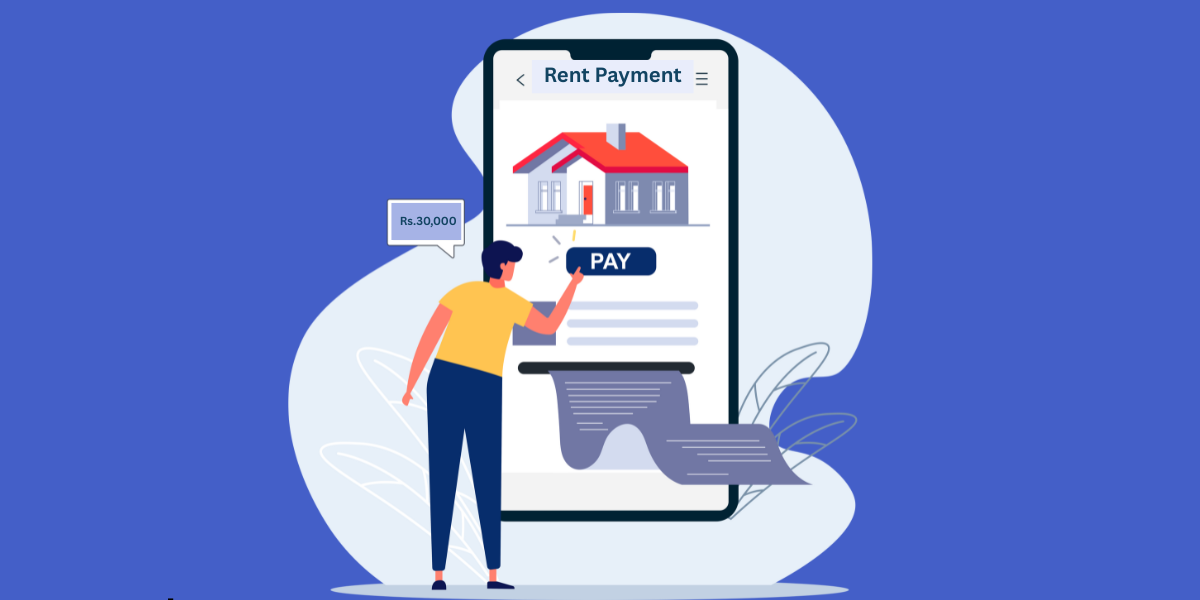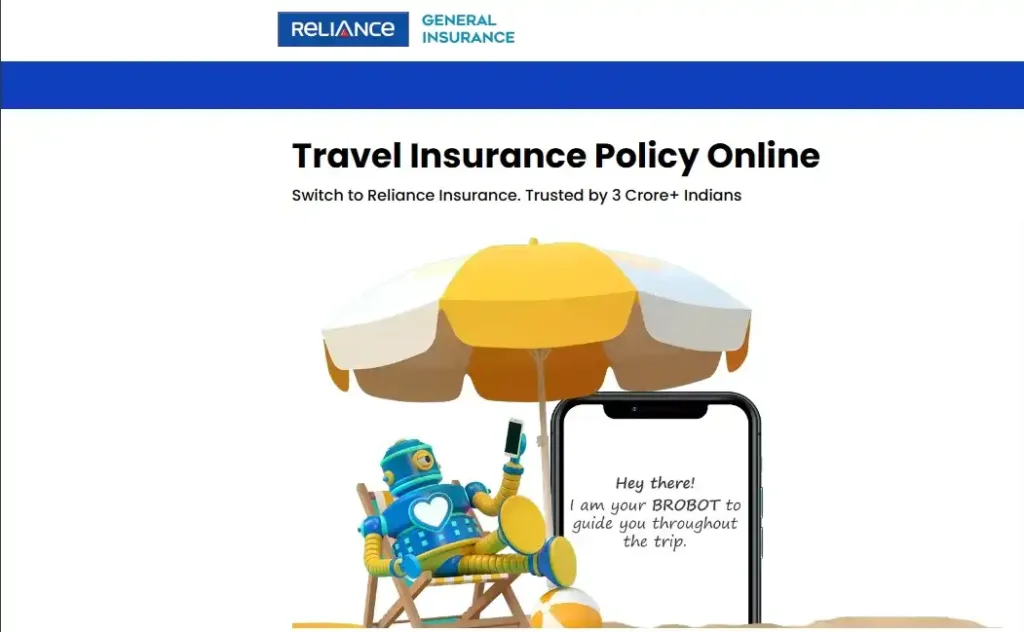
RBI’s Rent Payment Ban: 10 Ways to Pay Rent in 2025 Without Credit Cards
RBI’s 2025 ban killed credit card rent payments, leaving tenants scrambling—no rewards, no float! Discover 10 clever ways to pay rent seamlessly, from UPI to BBPS, without breaking a sweat. Why did RBI pull the plug? Uncover the shocking reasons and avoid costly mistakes. With expert tips and emerging fintech solutions, this guide ensures your rent payments stay smooth in 2025.
In September 2025, a seismic shift hit Indian renters: credit card rent payments on apps like PhonePe, Paytm, and Cred vanished overnight due to new RBI regulations. This guide unpacks why this happened, how it impacts tenants and landlords, and practical steps to navigate the new reality, ensuring you stay financially secure in 2025. With fresh data and actionable insights, learn how to adapt to this game-changing shift in India’s payment landscape.
Key Takeaways
- RBI’s 2025 rules halt credit card rent payments on fintech apps unless landlords are KYC-verified merchants.
- Tenants lose reward points, cashback, and credit card float; must use UPI, bank transfers, or cheques.
- Landlords face delays unless registered as merchants; BBPS offers limited solutions.
- Document rent agreements and payments for HRA claims and compliance.
Why Were Credit Card Rent Payments So Popular in India?
Credit card rent payments surged in popularity, especially among urban professionals in cities like Mumbai, Bengaluru, and Delhi. Fintech apps made it seamless, offering financial perks that transformed a mundane expense into a strategic tool. Here’s why millions embraced this method:
- Reward Points Galore: Rent, often ₹20,000–₹50,000 monthly, racked up significant credit card points, redeemable for flights, hotels, or cashback.
- Cash Flow Flexibility: The 30–45-day credit card billing cycle allowed tenants to defer payments, easing monthly budget strains.
- Digital Convenience: Apps like Cred and Paytm enabled instant transfers to landlords’ accounts, even without their digital infrastructure.
In 2024, rent payments via credit cards accounted for over ₹7,000 crore monthly, with 15% of premium credit card milestone bonuses tied to rent spends.
RBI’s September 2025 Guidelines: What Changed?
On September 15, 2025, the Reserve Bank of India (RBI) issued the Reserve Bank of India (Regulation of Payment Aggregators) Directions, 2025, reshaping digital payments. The rules, effective immediately, targeted payment aggregators (PAs) and gateways (PGs), prioritizing transparency and compliance.
Key Regulatory Changes
- No Marketplace Transactions: PAs can only process payments for merchants with direct contractual agreements and full KYC verification. Landlords, often unregistered, no longer qualify.
- End of P2P Card Flows: Credit card payments to non-merchant landlords, treated as peer-to-peer (P2P) transfers, are banned to curb misuse.
- Mandatory KYC: PAs must conduct thorough due diligence, including C-KYC or video KYC, on all merchants, making landlord onboarding complex.
- Immediate Enforcement: Fintechs like PhonePe, Paytm, and Cred suspended credit card rent payments post-circular.
RBI’s Official Statement
The RBI circular states: “A PA shall aggregate funds only for the merchant with whom it has a contractual relationship. PA business shall not carry out marketplace business”. This eliminates the loophole where fintechs treated landlords as beneficiaries without formal onboarding.
Why Did RBI Enforce These Rules?
The RBI’s crackdown stems from three core concerns:
- Curbing Misuse: Credit card rent payments risked “manufactured spending,” where users cycled funds to earn rewards without genuine transactions, potentially masking money laundering.
- Strengthening KYC/AML: Unverified landlords posed risks to Anti-Money Laundering (AML) compliance, prompting stricter merchant onboarding.
- Ecosystem Transparency: The rules aim to reduce fraud and ensure payments flow through regulated channels like BBPS.
How the Suspension Impacts Indian Renters
The halt of credit card rent payments disrupts financial strategies for millions, particularly in urban centers.
Loss of Key Benefits
- No Reward Points: Tenants can no longer earn points or cashback, impacting those using rent to hit milestone bonuses for premium cards.
- No Credit Float: The 30–45-day interest-free period for rent payments is gone, straining monthly budgets.
- Convenience Fees Outweighed: While fintechs charged 1–2% fees, rewards often offset costs. Alternatives lack such perks.
Affected User Groups
- Urban Salaried Tenants: Professionals paying ₹20,000+ in rent lose a key financial tool.
- Credit Card Enthusiasts: Users chasing annual spend targets for card upgrades or waivers face hurdles.
- New-to-Credit Users: Young professionals building credit history via rent payments must find alternatives.
Impact on Landlords
Landlords, especially those reliant on instant digital payments, face new challenges:
- Delayed Payments: Without credit card options, tenants may revert to slower methods like cheques, causing cash flow issues.
- KYC Burden: To resume card payments, landlords must register as merchants, undergoing full KYC, which many find cumbersome.
- Loss of Convenience: Elderly or non-tech-savvy landlords struggle with digital alternatives like UPI.
What You Can No Longer Do
The RBI’s rules eliminate several conveniences:
- Pay rent via credit card on fintech apps (PhonePe, Paytm, Cred).
- Earn rewards, air miles, or cashback on rent payments.
- Use rent to meet credit card milestone benefits.
- Leverage credit card float for rent expenses.
How-to: Paying Rent After the Credit Card Suspension
The RBI’s September 2025 ban on credit card rent payments via fintech apps has disrupted a popular payment method. Below are 10 practical, RBI-compliant ways to pay rent, ensuring seamless transactions for tenants and landlords in India.
- UPI Transfers Use Google Pay, BHIM, or PhonePe for instant, fee-free rent payments. Verify landlord’s UPI ID and save transaction records.
- NEFT/IMPS/RTGS Transfer rent via bank apps or net banking. Reliable, no landlord KYC needed, though processing takes hours.
- Bharat Bill Payment System (BBPS) Platforms like RedGirraffe allow rent payments if landlords are KYC-verified merchants. Limited but expanding in cities.
- Cheques or Demand Drafts Write cheques for monthly rent or use DDs for larger amounts. Legally valid but requires physical delivery.
- Rental Management Platforms Services like NoBroker or Housing.com offer UPI/BBPS-based rent payments, some facilitating landlord onboarding.
- Auto-Debit Instructions Set up recurring NEFT/UPI transfers via your bank to ensure timely rent payments without manual effort.
- Cash Payments with Receipts Pay rent in cash for non-digital landlords. Always secure a signed receipt for tax and legal purposes.
- Mobile Banking Apps Use HDFC, ICICI, or SBI apps for direct bank transfers or bill payments, free and trackable.
- Prepaid Wallets (Limited) Paytm or similar wallets may process rent via bank-linked funds (not cards) if landlords are registered.
- Emerging Fintech Solutions Monitor new RBI-compliant platforms launching in 2025, potentially simplifying landlord KYC for digital rent payments.
Pro Tip: Document all transactions with rent agreements and digital receipts for HRA claims and compliance. Communicate with landlords to confirm preferred methods and avoid delays.
Common Mistakes to Avoid Post-RBI Rule Change
- Attempting Workarounds: Using wallets or indirect card payments for rent may violate regulations and risk transaction reversals.
- Relying on Old Auto-Debits: Pre-September 2025 standing instructions on fintech apps may fail; update payment methods.
- Ignoring Landlord KYC: Without merchant onboarding, card payments won’t resume.
- Expecting Rewards Elsewhere: UPI or bank transfers offer no card-linked benefits.
Pro Tips for Renters and Landlords in 2025
- Switch Payment Methods Early: Transition to UPI or NEFT before the October rent cycle to avoid disruptions.
- Communicate with Landlords: Discuss preferred payment methods to prevent delays or disputes.
- Maintain Digital Receipts: Essential for HRA claims and ITR filing, especially for salaried tenants.
- Monitor Card Statements: Cancel any fintech-linked auto-debits to avoid failed transactions.
- Stay Informed: Watch for RBI updates or fintech innovations that may reintroduce compliant rent payment options.
2025 Data: The Credit Card Rent Payment Market
- Market Size: Rent payments via credit cards reached ₹7,000 crore monthly in 2024, driven by urban renters.
- Reward Impact: 15% of super-premium credit card bonuses (e.g., HDFC Infinia, Amex Platinum) were tied to rent spends.
- Fintech Revenue: Rent payments contributed 10–15% of gross merchandise value for apps like Cred and Paytm.
- Bank Actions: HDFC Bank’s 1% fee (June 2024) and ICICI/SBI’s reward cuts signaled early restrictions.
Scenario Table: Rent Payment Methods in 2025
| Payment Method | Availability | Rewards Offered | Ease of Use | KYC Required |
| Credit Card (Fintech) | Suspended | No | High | Yes (landlord) |
| UPI | Live | No | High | No |
| NEFT/IMPS/RTGS | Live | No | High | No |
| BBPS (Merchant) | Limited | No | Moderate | Yes (stringent KYC) |
| Cheque/DD | Live | No | Moderate | No |
Why the RBI’s Move Matters
The suspension reflects RBI’s push for a safer, transparent payment ecosystem. While inconvenient, it addresses:
- Fraud Prevention: Unverified P2P transfers risked misuse for money laundering or fake transactions.
- Regulatory Gaps: KYC loopholes allowed unregulated flows, now closed with merchant onboarding mandates.
- Consumer Protection: Enhanced due diligence protects users from fraud and ensures compliance.
Potential Future Developments
- Fintech Innovation: Platforms may develop RBI-compliant solutions, like agent-assisted KYC or landlord onboarding portals.
- BBPS Expansion: More property managers may integrate with BBPS, simplifying digital rent payments.
- RBI Review: If demand persists, RBI may issue guidelines for specialized rent aggregators by late 2025.
- Tax Simplification: Without card fees, tenants may face fewer GST-related complexities in ITR filings.
Real-Life Impact: A Tenant’s Story
Rohit, a Bengaluru-based IT professional, paid ₹30,000 monthly rent via Cred, earning 2,000 reward points monthly. The RBI’s rules forced him to switch to UPI, losing points worth ₹24,000 annually and the 45-day credit float. “It’s a setback, but I’m setting up NEFT with my landlord and keeping digital receipts for HRA,” he says. His experience mirrors millions adapting to the new normal.
Comparison: Old vs. New Rent Payment Landscape
| Aspect | Pre-September 2025 (Credit Card) | Post-September 2025 (Alternatives) |
| Payment Method | Credit card via fintech apps | UPI, NEFT, BBPS, cheques |
| Rewards | Points, cashback, miles | None |
| Credit Float | 30–45 days | None |
| Convenience Fee | 1–2% (offset by rewards) | None (UPI/NEFT free) |
| Landlord KYC | Not required | Mandatory for BBPS |
Common Questions Answered
- Can I still pay rent with a credit card? Only if your landlord is a KYC-verified merchant, which is rare.
- Will fintechs resume the service? Possible if landlords register as merchants, but it’s operationally challenging.
- Are there reward-earning alternatives? No direct alternatives offer card-like rewards for rent.
Final Thought: Adapt and Thrive in 2025’s New Payment Reality
The RBI’s September 2025 rules mark the end of credit card rent payments, stripping tenants of rewards and flexibility while pushing landlords toward digital compliance. While the shift feels disruptive, it strengthens India’s payment ecosystem, prioritizing transparency and security. Act now: switch to UPI or NEFT, document all transactions, and explore BBPS-compliant platforms like RedGirraffe. Stay vigilant for fintech innovations and RBI updates that may restore convenient options. Don’t let the change catch you off guard—update your rent payment strategy today to ensure financial peace in 2025.































